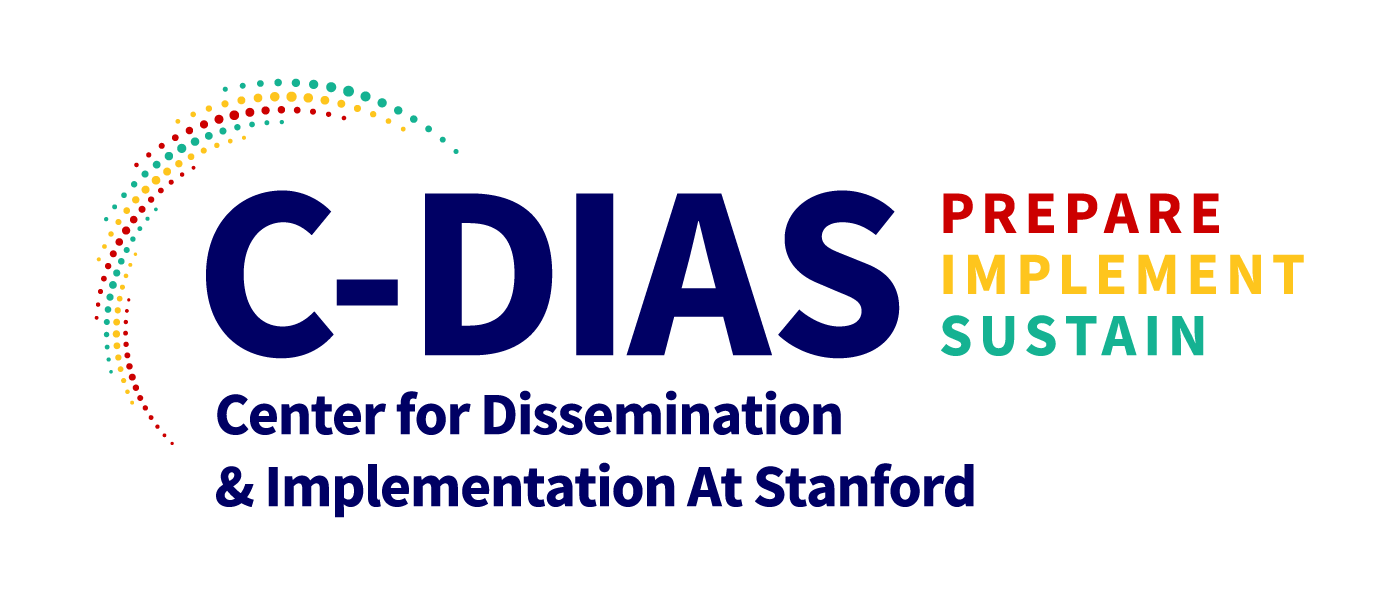Posts by Saman
Orrin D. Ware, PhD, MPH, MSW
Orrin D. Ware, PhD, MPH, MSW is an Assistant Professor at the University of North Carolina at Chapel Hill School of Social Work. Dr. Ware has formal graduate and postdoctoral training in behavioral pharmacology, field epidemiology, public health, and social work. He has real-world experience (1) as a clinical social worker in a specialized crisis…
Read MoreMilan F. Satcher, MD, MPH
Milan F. Satcher, MD, MPH is an Assistant Professor of Community and Family Medicine and a Health Equity Faculty Fellow at The Dartmouth Institute for Health Policy and Clinical Practice at Geisel Medical School at Dartmouth College. In addition, she is a LEAD scholar at University of California, San Francisco. She is a board-certified family…
Read MoreNoa Krawczyk, PhD
Noa Krawczyk, PhD is an Assistant Professor in the Department of Population Health at the NYU Grossman School of Medicine and Associate Director of the NYU Langone Center for Opioid Epidemiology and Policy. Her research focuses on studying ways to address barriers to evidence-based treatment for opioid use disorder at the individual, program, and policy…
Read MoreHoward Kim, MD, MS
Howard Kim, MD, MS is an emergency medicine and addiction medicine physician at the Northwestern University Feinberg School of Medicine. He completed his emergency medicine residency at Denver Health followed by an Agency for Healthcare Research and Quality T32 postdoctoral fellowship in health services and outcomes research and K12 career development award in patient-centered intervention…
Read MoreAlly Dir, PhD, HSPP
Ally Dir, PhD, HSPP is an Assistant Professor and licensed clinical psychologist in the Department of Psychiatry at Indiana University School of Medicine. Dr. Dir maintains both an active clinical practice providing care to adults and adolescents with substance use disorders and a productive program of research. Her research is broadly focused on leveraging implementation…
Read MoreDamian Chase-Begay, PhD, MS
Damian Chase-Begay, PhD, MS (Mandan/Arikara) is an Associate Research Professor of Social Epidemiology at the University of Montana. In July 2024, he received a career development award (K01) in implementation science from NIDA to rigorously adapt an evidence-based substance abuse prevention intervention for urban Indigenous young adults in Montana to incorporate traditional ceremonial practices (TCPs).…
Read MoreImplementation and User-Centered Design in Outpatient Care: A Case-Study with Pediatric Asthma and Digital Health
Kristin Kan, MD, MPH, MSc | May 14, 2024 : Of the 5.5 million US children with pediatric asthma, over half have uncontrolled symptoms due in part to poor asthma self-management, leading to high rates of acute unscheduled care and activity limitations. Guideline-based, preventive asthma care is a critical step in reducing uncontrolled symptoms among…
Read MorePragmatic Implementation Science Guides and Measures to Enhance the Impact of Your Research
Helene Chokron Garneau, PhD, MPH; Bryan Garner, PhD; Heather Gotham, PhD; Beth McGinty, PhD; Terrinieka Powell, PhD | May 7, 2024 : Implementation science focuses on how to get effective interventions into practice; however, there is a lack of feasible, pragmatic tools that intervention researchers or those curious about implementation science can use to increase…
Read MoreFrom single to multiple behaviour change approaches in implementation science
Justin Presseau, PhD | April 2, 2024 : Behaviour change theory-informed implementation intervention development and evaluation often focuses on improving sub-optimally performed clinical practice, redressing variations in care, or de-implementing lower-value care. In many instances, such approaches focus on a given clinical action as the target for change. However, the professional context of those delivering…
Read MoreThe Stanford Lightning Report: An Implementation Science Rapid Qualitative Approach for Formative Evaluation
Catherine Brown Johnson, PhD and Steve Asch, MD, MPH | March 26, 2024: The Stanford Lightning Report is a structured but flexible rapid qualitative approach used to increase the pace of learning in healthcare implementation. Supporting Learning Health System goals as well as large-scale research agendas, it can be applied across settings, from quality improvement…
Read More





